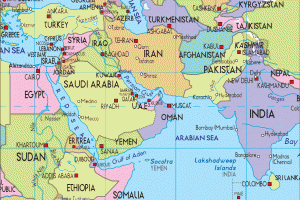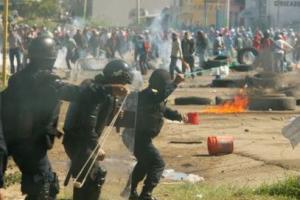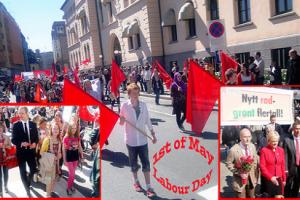Rodrigo Duterte: A Fascist Original
Foreign Policy in Focus
 Duterte's campaign to rid the Philippines of drug users and pushers through extrajudicial executions elicited shock even among the most hardened observers. And his now legendary cursing of President Obama as a "son of a bitch" - part of an angry farewell to a long-standing alliance with Washington and an embrace of China - upended Asian geopolitics.
Duterte's campaign to rid the Philippines of drug users and pushers through extrajudicial executions elicited shock even among the most hardened observers. And his now legendary cursing of President Obama as a "son of a bitch" - part of an angry farewell to a long-standing alliance with Washington and an embrace of China - upended Asian geopolitics.










Spread the word